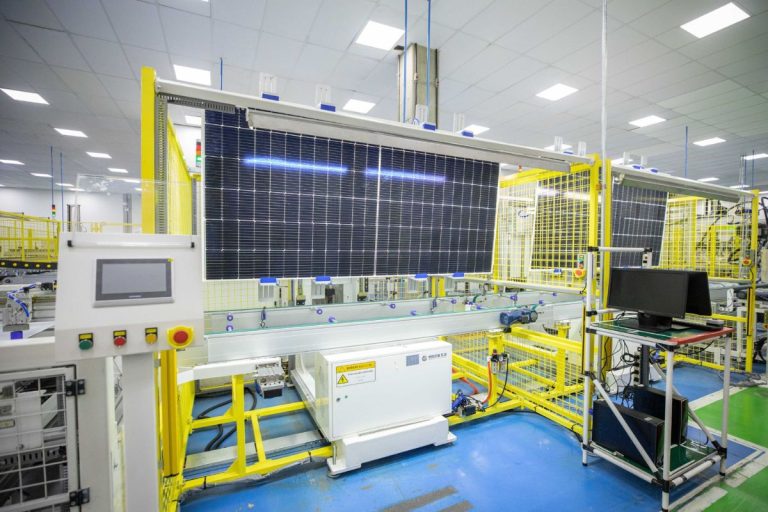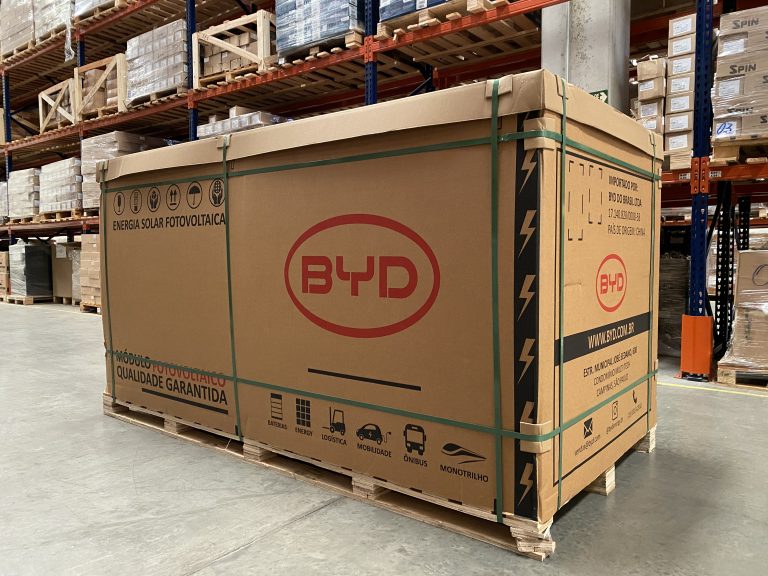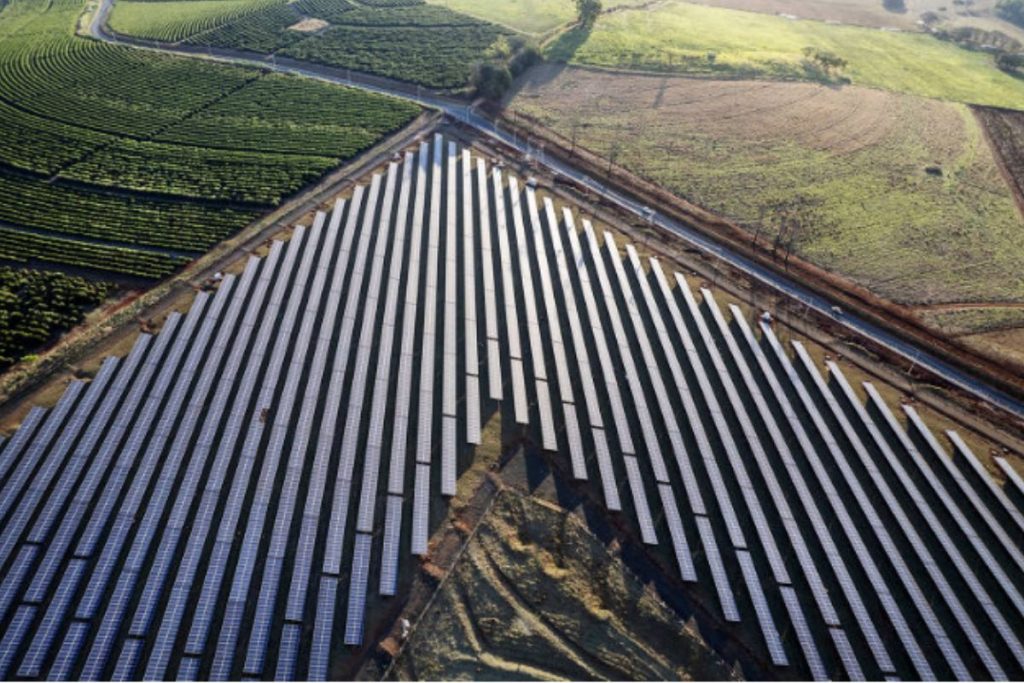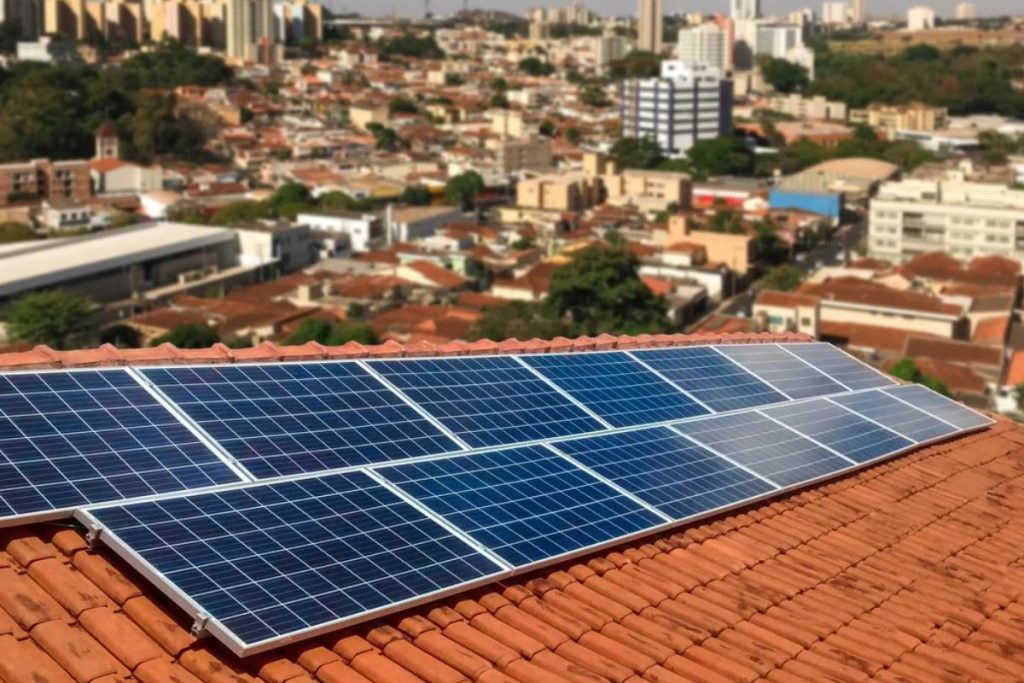Official Letter 416/24 from the National Electric Energy Agency (ANEEL) provided fundamental clarifications on the regulation of Grid Zero Systems and the inversion of power flow, answering questions from the Brazilian Association of Electricity Distributors (ABRADEE). The answers address essential aspects of Normative Resolution 1,098/2024 and its impacts on the connection, regulation and operation of these systems.
Letter 416/24: What changes for Grid Zero Systems?
The Systems Grid Zero are those that operate without injecting energy into the grid, in order to avoid the inversion of power flow. A ANEEL clarified important points related to these systems, bringing greater legal certainty for consumers and distributors.
Mandatory network connection
According to ANEEL, even Grid Zero systems must be connected to the distribution network for monitoring and inspection. This requirement aims to ensure that distributors can control the quality of the energy supplied and prevent any accidental injections.
Rules to avoid undue energy injection
Although Grid Zero Systems are designed not to inject energy into the grid, ANEEL recognizes that, due to technical limitations, small amounts can be injected involuntarily. The agency therefore allows distributors to set a tolerance limit for these injections, ensuring that there are no unfair penalties.
Performance guarantees for MiniGDs
ANEEL has reinforced that Grid Zero Systems classified as Distributed Mini-Generation (MiniGD) must present a guarantee of faithful compliance. This requirement ensures that the operators of these systems comply with the rules laid down in current regulations.
Impacts of migrating to Mercado Libre
For consumers wishing to migrate to the Free Energy Market while maintaining a Zero Grid System, ANEEL has clarified that this transition is possible, provided the correct regulatory framework is in place. If the unit starts operating as an autoproducer, it is necessary to re-register the generating plant with ANEEL.
What is power flow inversion?
Power flow inversion occurs when the energy generated by a consumer unit is injected into the distribution network, altering the natural direction of the electrical flow. This phenomenon can have an impact on system stability and requires technical studies to assess its consequences.
How do Grid Zero systems prevent flow reversal?
Grid Zero Systems prevent reverse flow by means of control mechanisms that prevent energy from being injected into the grid. These mechanisms include inverters and protection devices that limit generation to the unit's instantaneous consumption.
Importance of Grid Zero systems for the stability of the electricity system
ANEEL pointed out that Grid Zero Systems play an important role in the stability of the electricity system, as they prevent overloads and reduce the impact of distributed generation on the grid. However, clear regulations are essential to ensure compliance and avoid negative impacts on the energy supply.
With these guidelines, Official Letter 416/24 provides greater clarity on the regulation of Zero Grid Systems and reinforces ANEEL's commitment to ensuring a balanced and efficient electricity sector.








